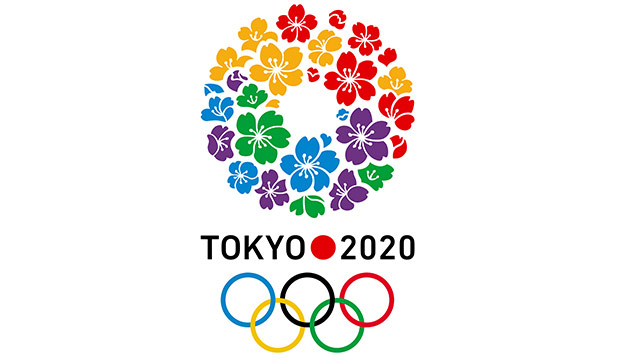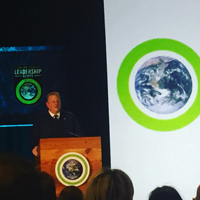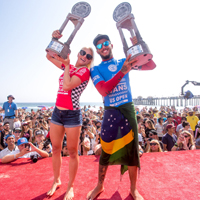
According to the International Olympic Committee (IOC) President Thomas Bach, “Now is the time for change.” In a new strategic bid to make the Olympics more relevant, especially to today’s new youth culture which has lost interest over the years, as seen in our Youth Culture Studies, a new plan has been approved moving into 2020.
Out of the 40 proposals that make up Olympic Agenda 2020, a strategic roadmap for the future of the Olympic Movement, the IOC membership will discuss and vote at the 127th IOC Session December 8-9, 201, in Monaco on the proposed changes.
“These 40 recommendations are like pieces of a jigsaw puzzle,” Bach added. “When you put them together, a picture emerges that shows the IOC safeguarding the uniqueness of the Olympic Games and strengthening sport in society.”
The IOC President first presented the recommendations to a round table of athletes, many of whom actively contributed to the Olympic Agenda 2020 process. The discussion included a number of medal-winning Olympians.
Some of the key areas addressed by the recommendations are:
– Changes to the bidding process with a new philosophy to invite potential candidate cities to present a project that fits their sporting, economic, social and environmental long-term planning needs. Shaping it more as an invitation and introducing an “invitation phase” – during which cities considering a bid will be advised about the opportunities this new procedure offers, in particular in regard to legacy and sustainability. The organisation of sports and events outside the host city and even, in exceptional cases, outside the host country could also be allowed, always respecting the integrity of the Olympic Village.
– Reducing costs for bidding, by decreasing the number of presentations that are allowed and providing a significant financial contribution from the IOC. At the same time emphasising that the sustainability of a bid must be taken into consideration right from the beginning.
– Move from a sport-based to an event-based program. Create limits on accreditation for athletes, coaches and other athlete support staff to ensure that the Games do not grow bigger. Allowing more than 28 sports to be on the program while respecting these limits.
– Strengthen the 6th Fundamental Principle of Olympism. The IOC to include non-discrimination on sexual orientation in the 6th Fundamental Principle of Olympism in the Olympic Charter.
– Launch of an Olympic TV Channel to provide a platform for sports and athletes beyond the Olympic Games period, 365 days a year. To fully connect with the digital age and connect with young people on their terms. It will be a worldwide platform and an opportunity to spread Olympic values as well as highlighting the IOC’s many cultural and humanitarian projects. Candidate cities may also be given exposure during the bidding phase.
– Adapting and further strengthening the principles of good governance and ethics to changing demands. Ensuring compliance with the Basic Universal Principles of Good Governance and transparency of accounts, with the IOC’s financial statements to be prepared and audited according to the International Financial Reporting Standards (IFRS) even when not legally required. Strengthening the independence of the IOC Ethics Commission with the chair and members of the Commission to be elected by the IOC Session. The IOC will also create the position of compliance officer to advise IOC members, staff, NOCs and IFs with regard to compliance.
The athletes remain at the center of all 40 of the proposals, with the protection of the clean athletes being at the heart of the IOC’s philosophy. The central importance of the “athletes’ experience” will be introduced into the evaluation criteria with no compromise on the field of play for athletes, and the paramount importance of the Olympic Village.
“Over the past year many people have asked me why there is a desire to make changes. After all, they say, the Olympic Games, the IOC, and the Olympic Movement have enjoyed many successes and we are in a very good position,” said President Bach. “My answer is that we are now in the position to drive change ourselves rather than being driven. We have to take leadership with Olympic Agenda 2020. We have the opportunity, and we must seize the moment – now is the time for change.”


